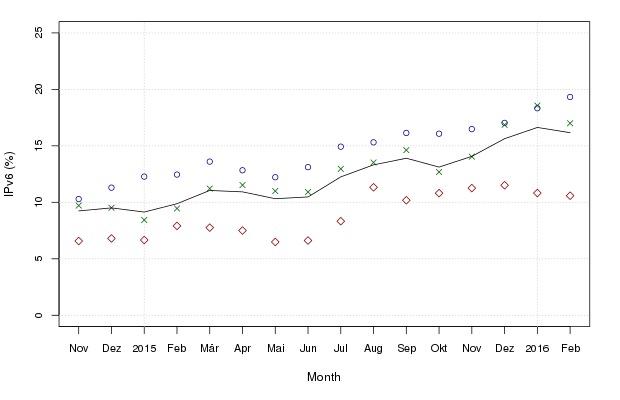If you are stuck with PHP 5.4 (e.g. because you are still running Debian Wheezy) and want to migrate from ownCloud to Nextcloud, you are probably facing a minor issue. Nextcloud 11 and newer require PHP 5.6 so you have to stick to version 10 instead. Nextcloud 10 reached its end-of-life with version 10.0.5, which internally corresponds to ownCloud version 9.1.5. The most recent version of ownCloud 9 is version 9.1.6 though, so when trying to migrate to Nextcloud you will face the following error:
Downgrading is not supported and is likely to cause unpredictable issues (from 9.1.6.2 to 9.1.5.2)
Looking at the git commits between ownCloud 9.1.5 and 9.1.6 shows that there were no changes to the database layout. So, as a workaround, you can just edit your config/config.php and set version to 9.1.5.1 or lower. Afterwards, you should be able to run the normal upgrade procedure.
